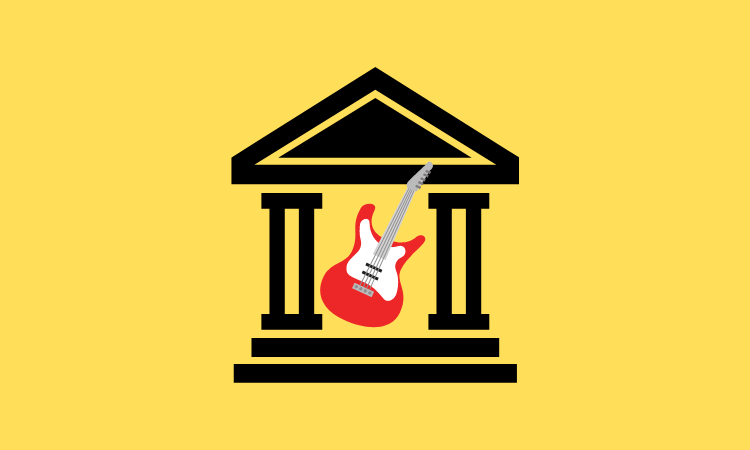Member Exclusive, New banks
Nerve, a challenger bank for musicians, hopes its cluster of features will entice artists to sign up
- Launching on September 15, Nerve provides business and savings accounts.
- The banking app also offers a private networking feature to help musicians make payments and collaborate.









